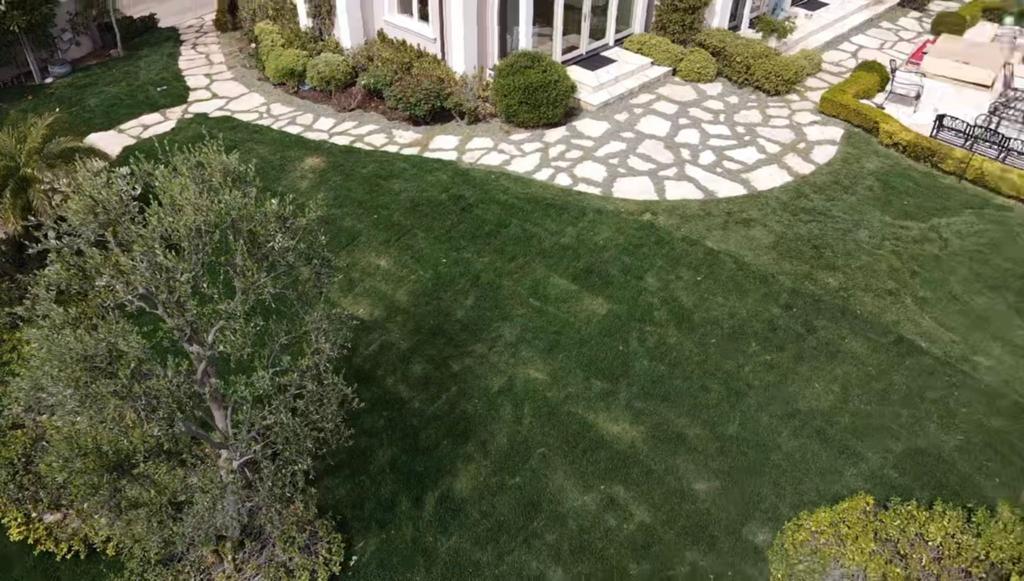1. What are pavers?
Pavers are multi-shaped, multi-sized pieces made from brick, stone, or concrete that are used for external flooring, typically in pathways, driveways, patios, and pool decks.
2. Why choose pavers over other materials like asphalt or poured concrete?
Pavers offer a few significant advantages:
- Durability: Pavers tend to be more durable and can handle the forces of weather without cracking.
- Aesthetics: They come in various shapes, sizes, and colors, allowing for greater design flexibility.
- Repair: Individual pavers can be replaced if damaged, negating the need for extensive repairs.
- Drainage: Their installation pattern ensures better water drainage, reducing water pooling.
3. Can pavers be installed over an existing concrete base?
Yes, pavers can be installed over an existing concrete base as long as it’s in good condition. Installing over concrete can even provide a more stable base for the pavers.
4. How long do pavers last?
With proper installation and minimal maintenance, pavers can last for several decades. Their longevity often surpasses poured concrete and asphalt.
5. How are pavers maintained?
Maintenance typically includes regular sweeping, occasional rinsing with water, and removing weeds that might grow between the pavers. Every few years, it may be beneficial to re-sand or reseal the pavers.
6. Can pavers shift or become uneven over time?
Yes, due to external factors like ground movement, heavy loads, or tree root growth, pavers might shift. However, one of the advantages of pavers is that they can be easily re-adjusted to their original position.
7. Are pavers slip-resistant?
Most pavers, especially those designed for pool areas or patios, have a non-slip surface. However, it’s always good to check with the manufacturer or supplier about the slip-resistance of specific pavers
8. How do pavers handle extreme weather conditions?
Pavers tend to handle extreme weather conditions very well. Whether it’s intense heat, heavy rainfall, or frosty winters, pavers are resilient. Their interlocking pattern also allows for expansion and contraction without cracking.
9. Are there environmentally friendly paver options?
Yes, permeable pavers are designed to allow water to pass through their surface and into the ground below. This helps in reducing water runoff and refilling underground aquifers.
10. What is the cost comparison between pavers and other materials?
While the initial cost for pavers can be higher than materials like asphalt or poured concrete, they usually offer better value in the long run due to their durability, ease of repair, and aesthetic qualities.


